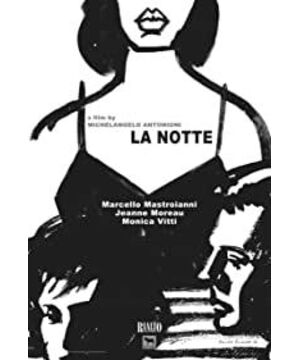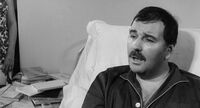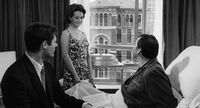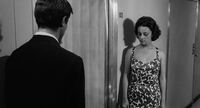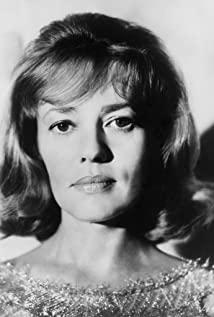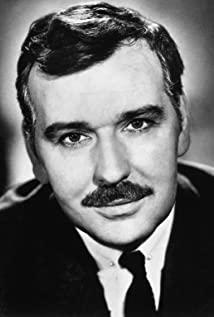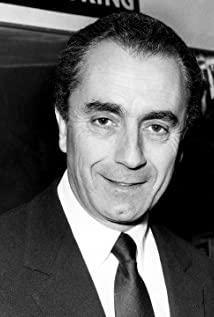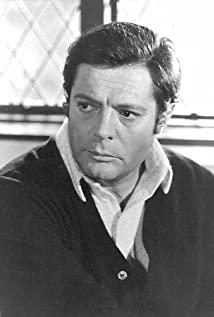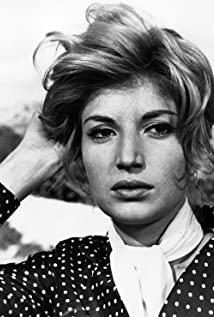A few days ago, I read Duras’s essay "The Highway of Discourse", which contains a passage: “In this category of books that is not a book, I am willing to talk about everything, and at the same time, I don’t talk about anything. Just like every day, like the course of any day, it's normal."
I think it's perfect to describe this movie with this passage.
The film revolves around a couple and only tells the story of one night.
They don't hold hands, they don't hug, and they leave the right distance when walking side by side.
The husband would readily accept the temptation from others, and tell his wife afterwards, she would just say some sensible words tepidly, without any jealousy at all.
She ran away from her husband's new book conference, walked back to her former residence, and called him to come. Facing the ruins, the two of them didn't have much intense emotions, they just said indifferently.
When the wife went home to take a bath, she asked her husband to hand over the sponge, but she got a slightly disappointed look in the sponge. In the nightclub, the husband looks at the dancing girl in a trance, and the wife looks at the husband in a trance. There are many details like this, which can be analyzed separately.
Antonioni arranged every scene very full. Most of the people who walked into the camera were talking to themselves, talking about politics, economics, clothes, everything, but nothing. The couple was also naturally drowned out.
That's it, this is just a very small story that happened in a very ordinary day, a story about the loss of love.
Their love has long since disappeared, and the man himself did not notice it. And the wife who was aware, experienced the struggle alone. Not long after the film started, lidia was crying downstairs in the hospital. That was the first time she felt the death of this love. And the idea that came up in the nightclub is probably to end this story completely. Finally read the letter that giovanni once wrote, just to wake him up. Love is over, it is dead, there is no need to force it.
I like Antonioni's shots. Calm, no physical contact, but always with a light of temptation.
He hit the side of the character with strong light, creating a heavy shadow. He let the characters shuttle between light and dark, letting the light jump in his eyes and on his lips.
At the end of the film, lidia read the love letter slowly, and the camera kept changing angles. When she read, "In the hazy morning light, the muscles on your arm and throat are trembling, so warm, I really want to put your lips on." When the camera shot her face from top to bottom, she Her shoulders, her little black dress, and her breasts that rise and fall with her breath. The upper left corner is clear and the lower right corner is soft, as if there is really light shining on her skin, beautifully.
The two finally rolled on the grass and kissed. The body language was powerful but stiff, looking abrupt and strange. Yeah, how could it not be weird? This is an elegy. It is a tragedy that does not want to admit that love is dead, and is still trying to keep it.
''no, non ti amo più, anche tu non mi ami più.''
''sta' zitta, sta' zitta, sta' zitta.''
''dillo, dillo.''
''non lo dico, non lo dico.'' It's
all dead, just let it go.
View more about La Notte reviews


